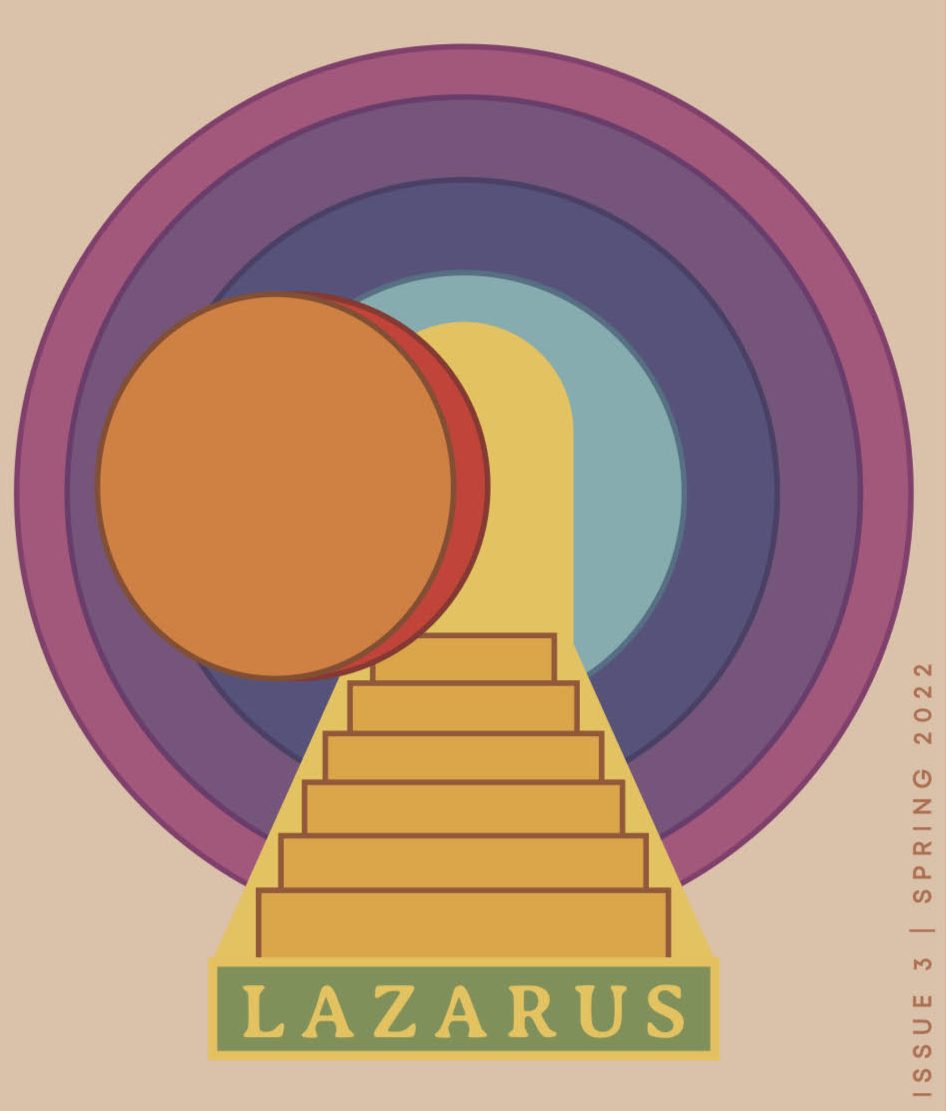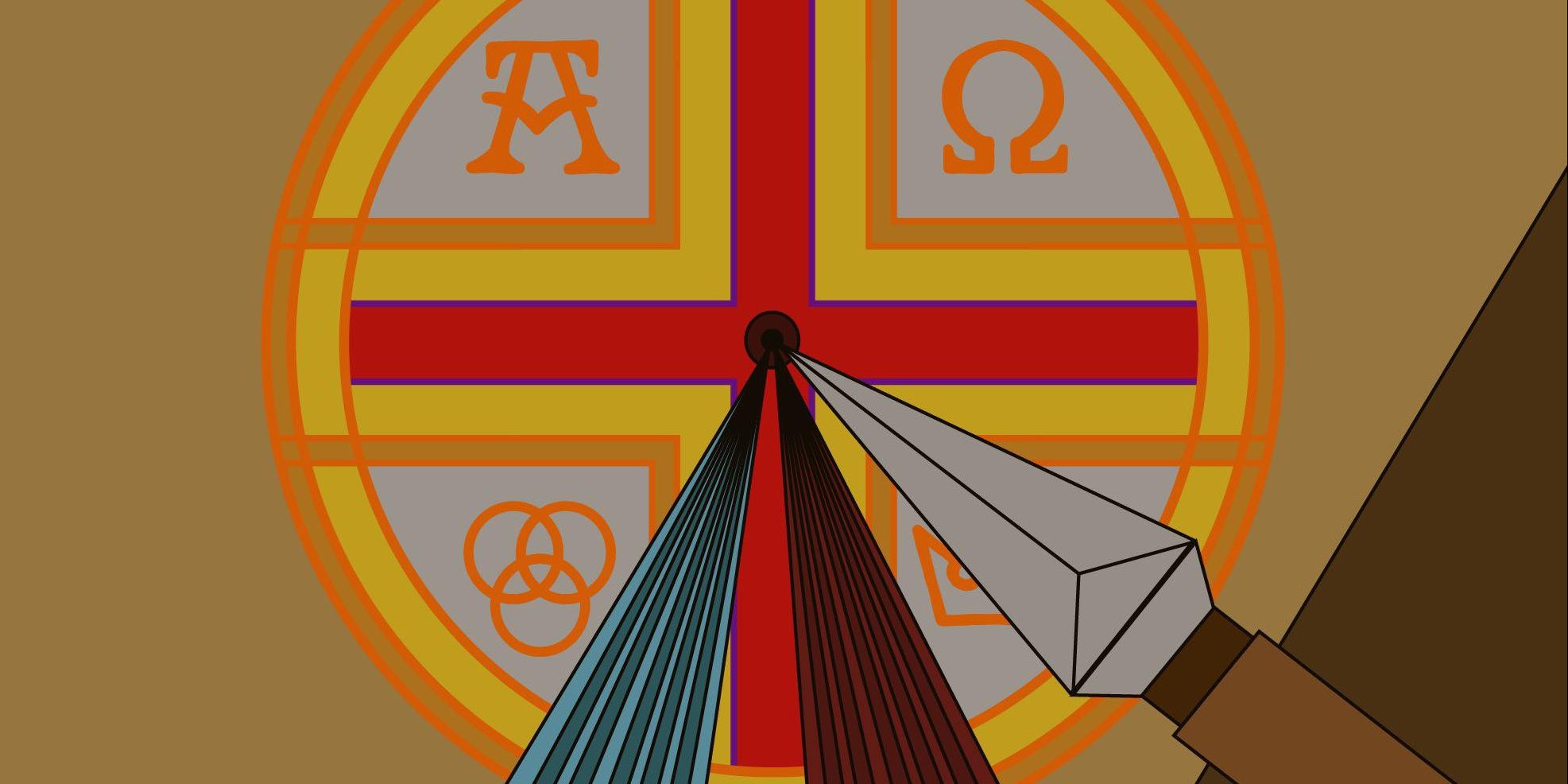Dear Reader,
A famous Indian fable tells the story of a group of blind men attempting to describe an elephant. One man, touching the trunk, thinks the elephant is like a thick snake. Another man, touching the ear, likens the elephant to a fan. A third man, touching the side, thinks a wall is a better description. The fable ends with the men erupting into a fight, as each declares his own perspective to be the absolute truth.
The tale, though millennia old, offers an accurate metaphor of faith today. The elephant represents the objective truth about who we are, the world we live in, and our purpose in life. The blind men represent different philosophies and ways of life. The conclusions the blind men make represent each religion’s understanding of the truth. The lesson: different religions, who have at best an incomplete and, at worst false, understanding of the truth, violently claim their understanding to be absolute.
The increasing acceptance of this view finds support in the rise of religious “nones” in the United States. A 2014 study of the U.S. religious landscape conducted by the Pew Research Institute concludes Americans who identity as nothing in particular grew from 16.1% to 22.8% from 2007 to 2014. These “nones” are not necessarily atheists: 9 in 10 reportedly believe in a higher power. Yet they are not associated with a particular religion. The rise of this peculiar group speaks to the difficulty of following a specific faith in an environment with endless options. The religious scholar Paul Elie puts the matter concisely: “We are all skeptics now, believer and unbeliever alike. There is no one true faith, evident at all times and places. Every religion is one among many.”
Such a state of affairs can benefit society. For one thing, having a multitude of religions to choose from prevents any one religion from absolutely discerning right and wrong. Moreover, a multitude of options allows us to work out our own authentic beliefs without outside hindrance. In other words, a pluralistic society allows us to live out our own beliefs.
Though, there are costs to embracing this paradigm without question. For instance, while pluralism might foster a plethora of faiths to choose from, this creates a state in which people begin to define themselves by their differences. Consequently, people congregate with others who share the same values, shutting off communication with people of different beliefs. At worst, this lack of communication splits apart our society to the point where we believe dif- ferent people speak an entirely separate language.
Our current politics exemplify this extreme. A 2016 study on partisanship conducted by The Pew Research Center concluded that: “For the first time in surveys dating to 1992, majorities in both parties express not just unfavorable but very unfavorable views of the other party… [with] sizable shares of both Democrats and Republicans say the other party stirs feelings of not only just frustration, but also fear and anger.” We fear that left uninterrupted, such tribalism becomes the norm, not the exception.
Moreover, a pluralistic society might call into question the very existence of truth altogether. By acting as if all visions of life are equally valid, we sacrifice the intrinsic value of those visions. With such a standard, one could even argue that pluralism has nothing worth fighting for. Why fight for diversity in viewpoints if support for diversity is itself just another viewpoint, no more valid than a belief in state-enforced groupthink? Would it then be arrogant or unacceptable to fight for pluralism? These questions demonstrate the creeping nihilism behind pluralism: we turn from blind men trying to touch an elephant to blind men leading other blind men into a pit.
Yet as Christians, we believe our eyes have been opened, but not by an argument, a philosophy, or a research center study, but by a person: Jesus Christ. Truth is not a philosophy, a statement of ideas, or even a story. Rather, we believe that truth is a person. Jesus is before all things and in Him all things hold together (Col 1:17). The blind men of the fable are not attempting to describe an elephant, but Christ. However, far from being an assertion of intolerant claims, we believe that the Christian understanding of truth sustains a vibrant pluralism.
Since truth is ontologically a person, pluralism serves as a necessary and valuable guide. Just as one cannot claim to know a person completely, one cannot claim to know the Truth completely. The moment we say we know something completely, we can use it. Essentially, what we comprehend, we can control. However, if the Truth lies outside our comprehension, then we have no claim to arrogance or control. Instead, in a constant journey towards greater accuracy in the world, pluralism becomes a valuable necessity. Other ways of life assist us in challenging our own understandings and leading us toward greater accuracy.
For this reason, we should celebrate and even encourage differences because they testify to different aspects of the Truth. In fact, attempts to eliminate difference, not difference itself acts as the biggest obstacle to unity. When we begin to erase or invalidate the differences between us, we close ourselves off to challenges and change from others. Therefore, our Christian beliefs, rather hindering or eliminating differences, celebrate them as a necessary part in knowing the Truth. In this way, pluralism represents not so much a disease that makes us blind, but a medicine that opens up our eyes to behold the Truth.
Finally, the Christian identifies Truth as a person al call to vulnerability with others. When God became man in Jesus Christ, God made himself vulnerable to difference, even to death and God calls us to precisely emulate this pattern of vulnerability. We believe that the only way to qualm the anxieties caused by our differences and grow toward greater unity and love is to take on Jesus’s vulnerability. We must embrace vulnerability and listen to those different from us and let them transform us. Only when we are willing to endure the vulnerability of our thoughts can we turn the anxiety of difference into the love of interdependence.
Christianity, far from being intolerant and bigoted, asserts the very claims that make a healthy pluralism possible. We can celebrate and value our differences while bringing them into completion with the knowledge that our differences are held together in Christ.
The pieces in this journal attempt to explore this concept from a multitude of perspectives and disciplines. We wrote them with a faith that Christianity can build bridges toward loving, honest, and vulnerable conversation about the tensions in our lives. We hope that by reading them, they inspire you to continue the conversation, building love for the campus and its members.
Thank You,
The Editors



0 Comments